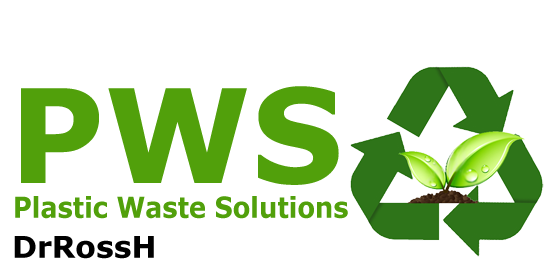More than 150 countries agree to ban 3 toxic chemicals
Posted on May 12, 2023 by DrRossH in Plastic Waste NewsAn international treaty regulating hazardous pollutants — agreed to add three new chemicals to a list of globally banned substances, including the plastic additives UV-328 and Dechlorane Plus. The move is expected to safeguard people and the natural world, although a handful of exemptions mean the chemicals will not completely disappear as a threat.
The most recently banned chemicals include a pesticide called methoxychlor, as well as two plastic additives: UV-328, which absorbs UV light and is widely used in transparent plastics products, and Dechlorane Plus, a flame retardant that’s added to plastic coatings and electrical wires. All three chemicals have been shown to persist in the natural environment and bioaccumulate up the food chain, and have been linked to health concerns ranging from neurodevelopmental damage to endocrine disruption.
Any ongoing use or production of UV-328 and Dechlorane Plus will harm recyclers in the developing world — especially because countries could not agree on rules for labelling contaminated products. This means that, even though the Stockholm Convention now bans the recycling of products containing UV-328 and Dechlorane Plus, recycling workers could unwittingly accept plastics containing these chemicals into their workshops.
A separate study from IPEN found UV-328 in recycled plastic pellets from nearly two dozen different countries, suggesting that UV-328 travels into recycled products even if they were never meant to contain the additive.
A recent study she helped conduct with IPEN found alarming Dechlorane Plus contamination in and around e-waste recycling sites in Thailand, where much of the world’s plastic waste is exported. The study showed that a group of 40 Thai recycling workers had blood serum concentrations of Dechlorane Plus that were more than 39 times higher than those of a control group.
The getting of toxic chemicals from recycled plastic into recycled products is going to be a problem.

 How many people today grab a takeaway coffee cup from the local cafe to drink on the go? We don’t know, but the number must be enormous.. Most every one of the above have a plastic top that will last 100s of years. Some cafes still use plastic cups that last a similar time. Is 10 minutes of coffee worth 100s of years of trash?
These items can be seen littering our gutters and on our streets all over the place. If they were all cardboard, they would still be littered, but they would, at least, be gone in a short time.
They do not need to be made of plastic.
How many people today grab a takeaway coffee cup from the local cafe to drink on the go? We don’t know, but the number must be enormous.. Most every one of the above have a plastic top that will last 100s of years. Some cafes still use plastic cups that last a similar time. Is 10 minutes of coffee worth 100s of years of trash?
These items can be seen littering our gutters and on our streets all over the place. If they were all cardboard, they would still be littered, but they would, at least, be gone in a short time.
They do not need to be made of plastic.
 On the way home from the gym last week, a distance of about 1 km (1/2 mile), I counted the items of plastic litter on the curb as I walked. In that short distance I counted 63 pieces of plastic litter. Plastic drink bottles, bottle tops, candy wrappers, plastic film, polystyrene fragments etc. That seemed to be a lot to me. I guess it is a generational thing. Our parents would have been horrified to see that amount, whereas it seems to go unnoticed by our youth of today. In another 20 years how many pieces will there be on this stretch, -- 200? What will today’s youth think of that new amount then when they are older? Will their children be so readily accepting of a higher amount of litter?
On the way home from the gym last week, a distance of about 1 km (1/2 mile), I counted the items of plastic litter on the curb as I walked. In that short distance I counted 63 pieces of plastic litter. Plastic drink bottles, bottle tops, candy wrappers, plastic film, polystyrene fragments etc. That seemed to be a lot to me. I guess it is a generational thing. Our parents would have been horrified to see that amount, whereas it seems to go unnoticed by our youth of today. In another 20 years how many pieces will there be on this stretch, -- 200? What will today’s youth think of that new amount then when they are older? Will their children be so readily accepting of a higher amount of litter?
Discussion · No Comments
There are no responses to "More than 150 countries agree to ban 3 toxic chemicals". Comments are closed for this post.Oops! Sorry, comments are closed at this time. Please try again later.